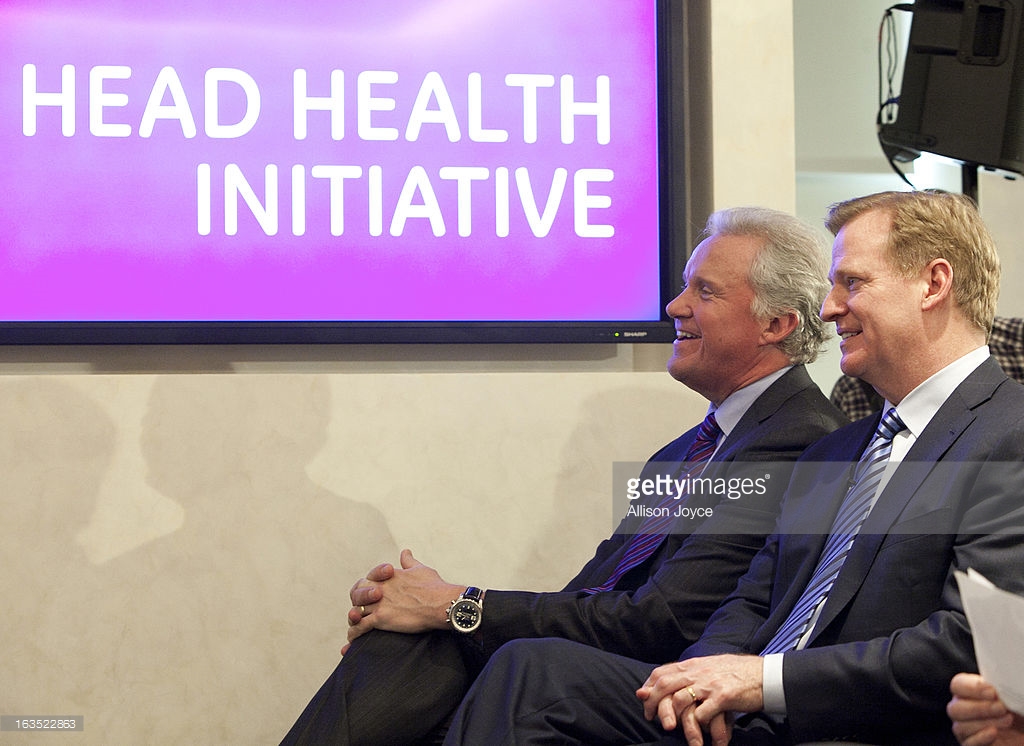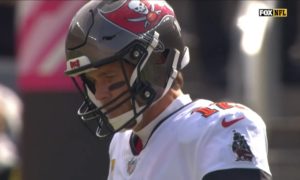Several weeks back, we covered a story in which a New York Times article highlighted a Congressional report released that accused the NFL of improperly intervening, interjecting itself into the funding process of the National Institutes of Health, specifically their disbursal of grant funding earmarked for concussion research.
The NFL had donated $30 million to the NIH as an “unrestricted gift”, of which it chose to use $16 million in order to give a grant for a concussion study to a Boston University group of researchers. That group happened to be led by a prior critic of the NFL’s handling of concussions, and happened to beat out a competing group for the grant that consisted of members of the league’s Head, Neck and Spine Committee.
It took several weeks, and a whole lot of scrambling, but it appears as though the NFL has finally formulated a sort of formal response, with four members of the HNS Committee penning an article published in The Hill. Among them is Richard Ellenbogen, one of the researchers competing for the grant, and the individual singled out in the Congressional report as having unduly contacted the NIH about the funding.
In the article, the group writes that they “work with the National Football League in a voluntary capacity, as scientific and medical advisors”, but “first and foremost” that “we are clinicians and scientists who are on the front lines in the care of patients with traumatic brain injuries”.
No fans of the NYT article, the league response consisted of the claim that “if the staff authors of this report had demonstrated the basic fairness of contacting us, they would have learned that these conclusions are utterly false”.
The article affirms their desire to further concussion research, and that they advised the league to invest the $30 million that has become the heart of the issue, writing that it is with the “purpose of studying a wide range of scientific issues related to the diagnosis, management and long-term effects of concussion”.
They claim they “had not role or interest in influencing the NIH’s decisionmaking process”, then immediately went on to write, “we believe we had an ethical obligation to voice our concerns where there appeared to be an irregularity in the review process, as well as a failure to address a longitudinal s study recommended in a publicly funded consensus conference”.
That is a somewhat peculiar position given that they saw no ‘irregularity in submitting a grant proposal whose funding comes from the league, which they work for. Nor was there any irregularity in an individual from a competing grant proposal ‘voicing his concerns’ about the fact that the grant was awarded to another group.
In all, the article is not particularly compelling in the league’s favor, and only does well to make the point that the Congressional report made no effort to contact those against whom were charged improprieties. Generally, the accused is expected to give an accounting for their side, which was not awarded them. Yet they had the opportunity to do so in this article, and yet offered nothing that makes them look much better.






